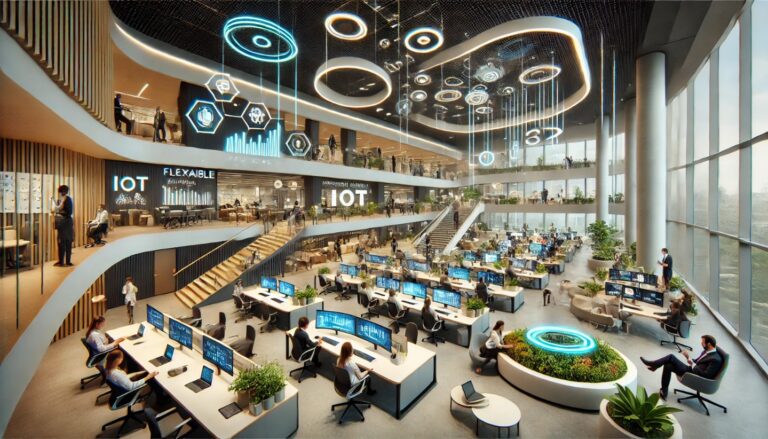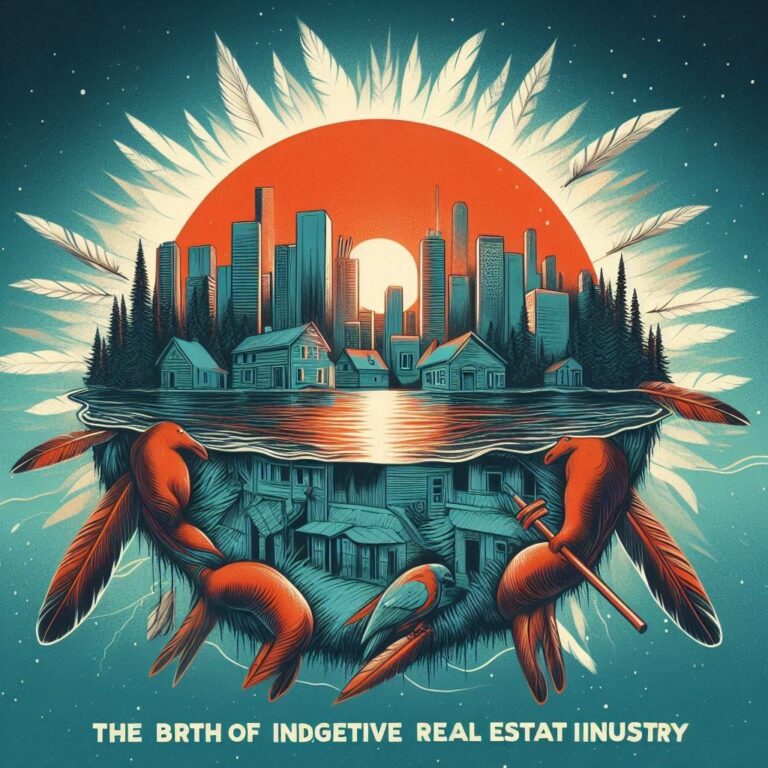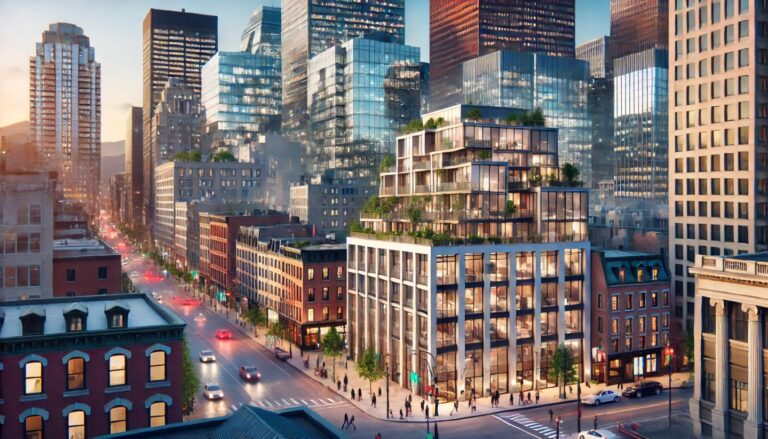Stability or Incoming Shockwave?
A Market at a Crossroads
Quebec’s economy and commercial real estate are like a dance duo—sometimes in sync, sometimes stepping on each other’s toes. In 2025, with interest rates fluctuating and inflation behaving like a rollercoaster, investors and businesses must stay sharp. Economic signals dictate the rises and falls of real estate values. But what are the key trends to watch to anticipate the next shockwave?
According to the Institut de la Statistique du Québec, the province’s GDP is expected to grow by 1.2% in 2025 after a year of macroeconomic uncertainty in 2024 (https://www.stat.gouv.qc.ca). A seemingly stable outlook, but beneath the surface, potential cracks in the real estate market are forming.
Interest Rates & Inflation: The Market’s Power Duo
Commercial real estate loves low interest rates. After years of tight monetary policies, the Bank of Canada has finally loosened the reins, leading to a gradual decline in borrowing costs (https://www.banqueducanada.ca). The impact?
- Renewed enthusiasm for real estate investment.
- Improved credit accessibility for businesses.
- Stabilized property values after record-breaking increases in 2023.
But caution is key. Inflation is still lurking, keeping operational costs high. Businesses must incorporate these variables into their leasing and investment strategies to stay ahead of the game.
Offices: Endangered Species or Next Big Revival?
Are vacant offices the future of downtown? In 2024, Montreal’s office vacancy rate hit 17.8%, a concerning statistic forcing landlords to rethink their strategies. Some are embracing conversion—transforming office spaces into residential units or vibrant coworking hubs.
Major corporations are leaning into hybrid strategies, cutting down on square footage but investing in flexible, innovative workspaces. The implications?
- Companies are renting less space overall.
- Landlords are offering more incentives to attract tenants.
- Increased competition among property owners to secure long-term leases.
Industrial Real Estate: Quebec’s Hidden Champion
While the office market wobbles, industrial real estate is thriving. The e-commerce boom and supply chain reshoring have fueled an insatiable demand for warehouses and logistics centers. Montreal’s industrial vacancy rate has dropped below 3%, an all-time low.
Smart investors are focusing on:
- Urban mini-warehouses: The last-mile delivery craze is driving demand.
- Industrial parks: Lease rates are climbing fast.
- Eco-friendly facilities: ESG standards are pushing demand for sustainable buildings.
Adapt or Thrive? Businesses in the Eye of the Real Estate Storm
In this shifting landscape, it’s no longer enough to follow trends—you have to predict them. To navigate this new reality, businesses and investors should:
- Monitor economic cycles and adjust strategies based on interest rates and inflation.
- Renegotiate leases to secure more favorable terms.
- Diversify assets by investing in booming sectors like industrial real estate.
- Prioritize flexibility with hybrid and modular spaces.
Quebec’s market is changing fast. Those who read between the lines and make bold, informed decisions will come out on top. Stability or shake-up? The next move is yours!






